Zumosun Technical Expertise Work Engine
Overview
The Zumosun Technical Expertise Work Engine is designed to build and enhance technical skills and knowledge, transforming individuals and teams into experts in their respective fields. This comprehensive framework includes every step, approach, concept, strategy, and planning method required to achieve technical mastery. Below, we outline the key components of this Work Engine.
1. Stages of the Technical Expertise Work Engine
-
Foundation Building & Knowledge Acquisition
- Objective: To establish a strong foundational knowledge in the chosen technical domain.
- Approach: Engage in foundational courses, self-study, and certifications.
- Strategy: Begin with broad, fundamental topics before diving into specialized areas.
- Planning: Develop a learning plan, set clear milestones, and track progress.
- Skills: Basic understanding of core principles, tools, and technologies.
- Knowledge: Foundational theories, terminologies, and methodologies.
-
Skill Development & Hands-on Practice
- Objective: To develop practical skills through hands-on experience.
- Approach: Participate in labs, projects, and real-world applications.
- Strategy: Focus on building proficiency through practice and repetition.
- Planning: Schedule regular practice sessions, set incremental goals, and seek feedback.
- Skills: Application of tools, coding, debugging, problem-solving.
- Knowledge: Best practices, industry standards, and tool-specific techniques.
-
Advanced Specialization & Expertise Building
- Objective: To specialize in a specific area within the technical domain.
- Approach: Engage in advanced coursework, workshops, and specialization projects.
- Strategy: Narrow focus to become an expert in a niche area.
- Planning: Identify key areas of specialization, allocate time for deep learning, and pursue certifications.
- Skills: Advanced problem-solving, tool mastery, innovation.
- Knowledge: In-depth understanding of specialized topics, cutting-edge technologies.
-
Innovation & Thought Leadership
- Objective: To innovate and contribute to the field as a thought leader.
- Approach: Engage in research, publish papers, and speak at conferences.
- Strategy: Focus on developing new methodologies, tools, or applications.
- Planning: Dedicate time for research, collaborate with peers, and seek opportunities to share knowledge.
- Skills: Research, innovation, public speaking, writing.
- Knowledge: Emerging trends, future technologies, disruptive innovations.
-
Mentorship & Knowledge Transfer
- Objective: To mentor others and share expertise within the community.
- Approach: Lead workshops, mentor juniors, and create educational content.
- Strategy: Focus on passing knowledge and skills to the next generation of experts.
- Planning: Develop a mentorship plan, schedule teaching sessions, and document knowledge.
- Skills: Teaching, communication, leadership.
- Knowledge: Effective knowledge transfer techniques, curriculum development.
2. Concepts, Strategies, and Planning Methods
Concepts:
- Continuous Learning: Emphasizes the importance of ongoing education and staying updated with the latest advancements.
- Hands-on Learning: Focuses on practical application to reinforce theoretical knowledge.
- Specialization: Encourages deep expertise in a specific niche within the broader technical field.
Strategies:
- Modular Learning: Break down learning into manageable modules to facilitate understanding and retention.
- Peer Collaboration: Leverage collaboration with peers to enhance learning and problem-solving.
- Innovation Focus: Encourage creative thinking and innovation in applying technical skills.
Planning Methods:
- Learning Pathway: Create a structured roadmap outlining the steps and resources needed to achieve technical expertise.
- Skill Matrix: Develop a matrix to track the acquisition and development of specific skills.
- Project-Based Learning: Use real-world projects to apply and refine technical skills.
3. Principles and Laws
Principles:
- Kaizen: Continuous improvement in technical skills and knowledge.
- First Principles Thinking: Break down complex technical problems into fundamental parts to find innovative solutions.
- Attention to Detail: Ensure precision and accuracy in all technical work.
Laws:
- Moore’s Law: Expect rapid advancements in technology, necessitating continuous learning.
- Law of Diminishing Returns: Recognize that adding more resources or effort may yield diminishing benefits after a certain point.
- Law of Requisite Variety: In complex environments, the variety of actions taken must match the complexity of the environment.
4. Advantages and Disadvantages
| Aspect | Advantages | Disadvantages |
| Foundation Building | Strong knowledge base, easy transition to advanced topics | May require significant time investment |
| Skill Development | Practical experience, increased confidence | Mistakes during practice can be discouraging |
| Specialization | High demand for niche expertise, career advancement | Narrow focus may limit versatility |
| Innovation | Opportunities for recognition, contribution to the field | High risk, potential for failure |
| Mentorship | Personal fulfillment, legacy building | Time-consuming, may distract from personal projects |
5. Matrix Comparison: Technical Expertise
| Variable | Foundation Phase | Development Phase | Expertise Phase |
| Focus | Knowledge acquisition | Practical skill development | Innovation, thought leadership |
| Resource Allocation | Learning resources, certifications | Projects, hands-on tools | Research, publication, community engagement |
| Risk Management | Low risk, theoretical learning | Moderate risk, practical application | High risk, innovation and leadership |
| Skill Acquisition | Basic skills, understanding | Advanced skills, tool mastery | Specialized skills, cutting-edge knowledge |
| Growth Measurement | Progress in foundational knowledge | Proficiency in practical application | Contribution to field, mentorship impact |
6. Conclusion
The Zumosun Technical Expertise Work Engine offers a systematic pathway for individuals and teams to achieve technical mastery. By focusing on foundational knowledge, practical skill development, advanced specialization, and innovation, this Work Engine ensures that participants become not just skilled technicians, but thought leaders and innovators in their fields.
7. Call to Action
Ready to elevate your technical skills to the level of expertise? The Zumosun Technical Expertise Work Engine is here to guide you every step of the way. Contact us today to start your journey toward becoming a technical leader and innovator.
About The Author:-
Prakash Chand Sharma, a multi-talented leader, defies labels. He's a pioneer of "The Doctorate of Growth & Success" and the Work Engine Network. Sharma seamlessly blends expertise in engineering, law, finance, and business.
His academic background (visiting professor) combined with engineering, legal practice, and tax consultancy experience showcases his intellectual depth. Over a decade of entrepreneurship across various sectors, coupled with leadership positions in multiple companies, has honed his strategic vision.
This unique blend positions Sharma as a transformative leader and a sought-after mentor. His visionary leadership has driven the success of the Zumosun Group, a diversified conglomerate. His dedication to growth extends beyond business with his innovative "The Do.GS" concept.
Follow On:-
1. https://www.linkedin.com/in/eng-adv-ca-d-prakash-chand-sharma-26586143/
2. https://www.facebook.com/er.adv.ca.prakash.chandsharma.35
No reviews found.

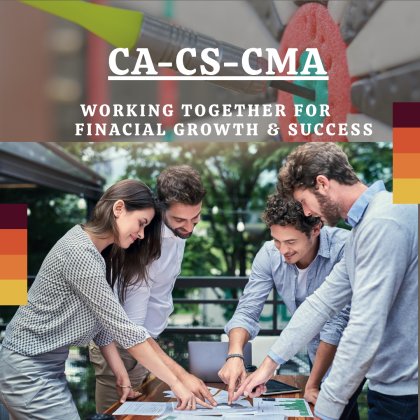



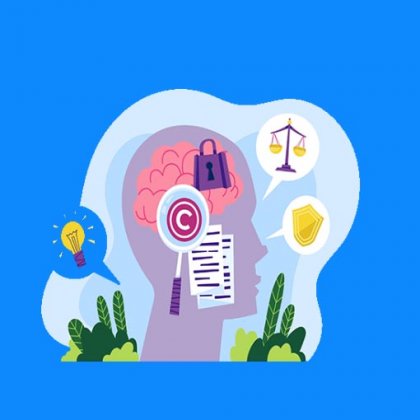
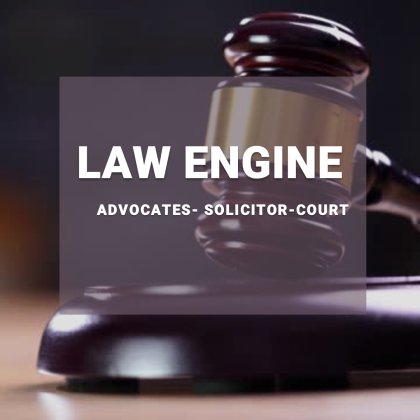
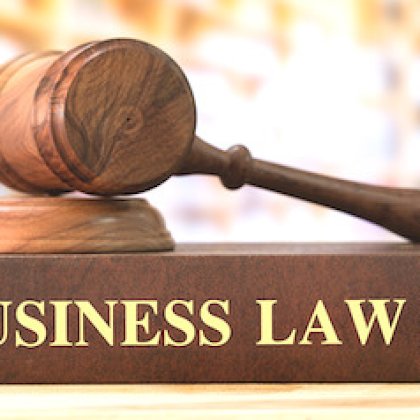
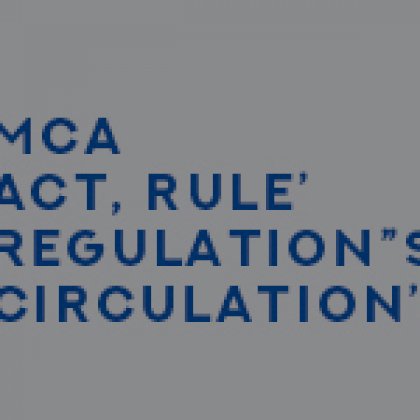



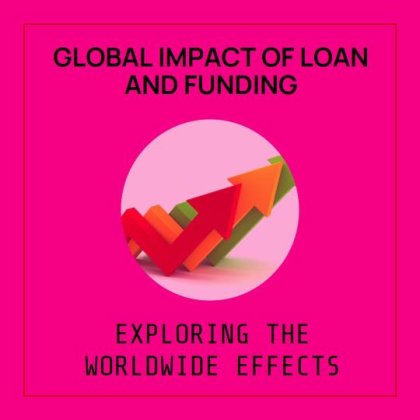
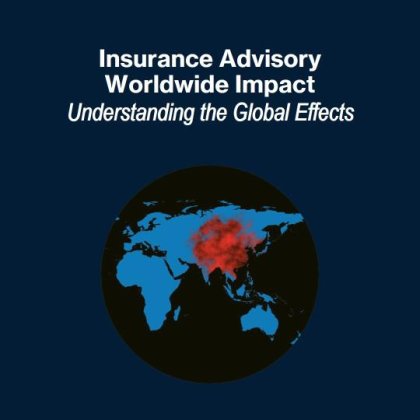

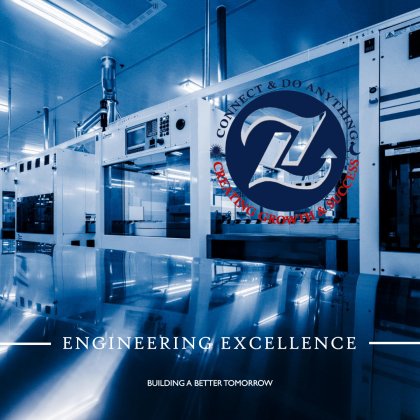


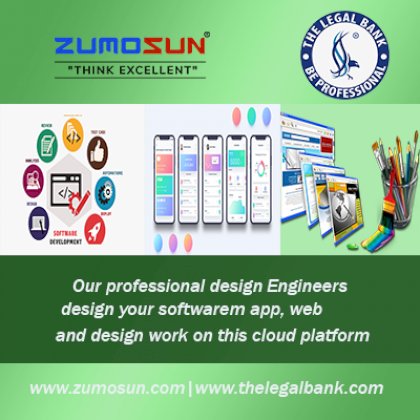
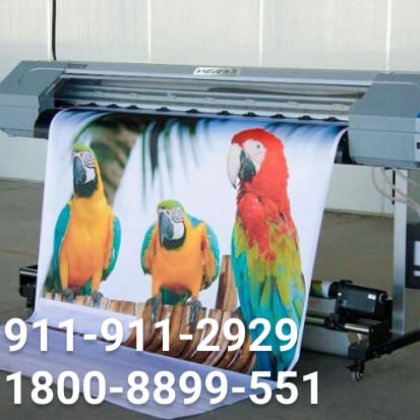

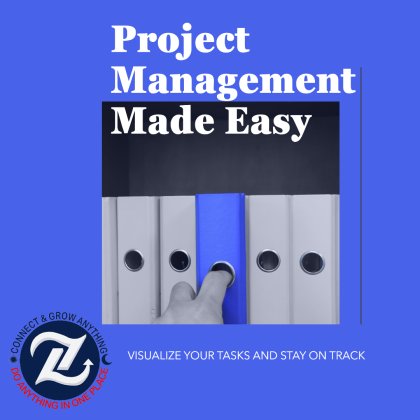




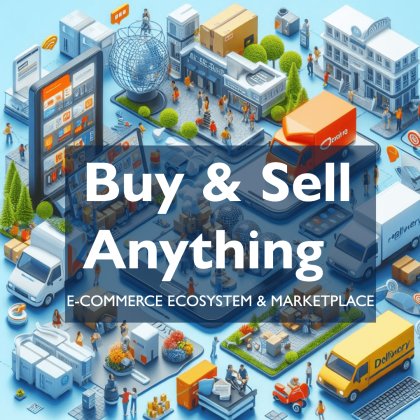
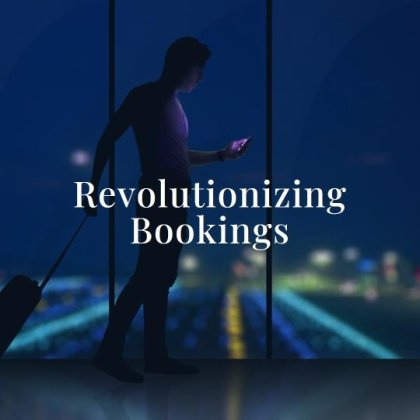

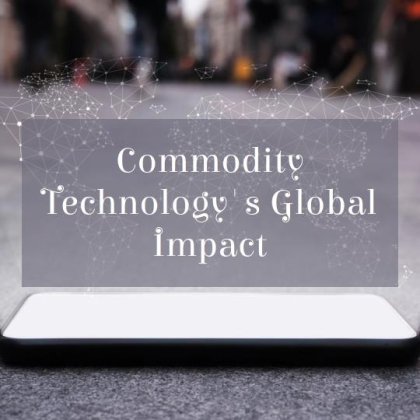




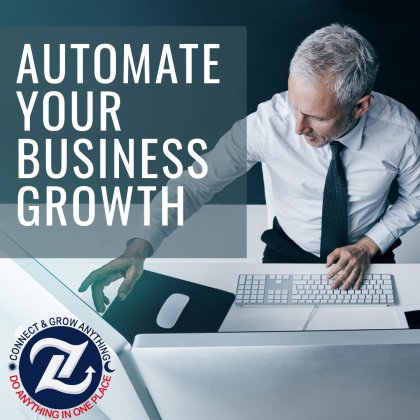


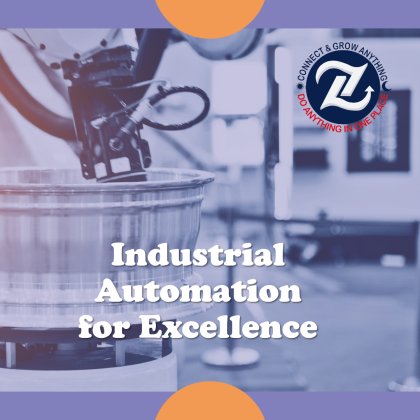
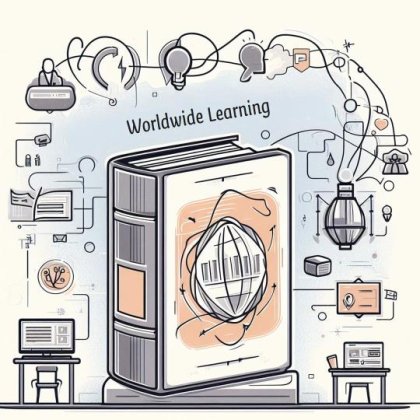

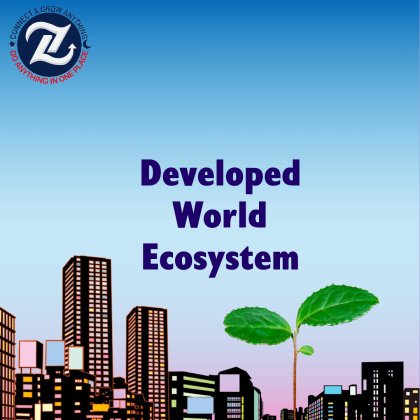
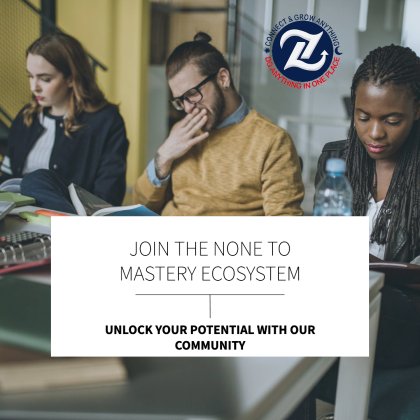
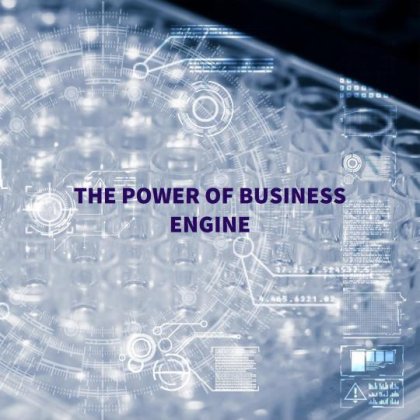
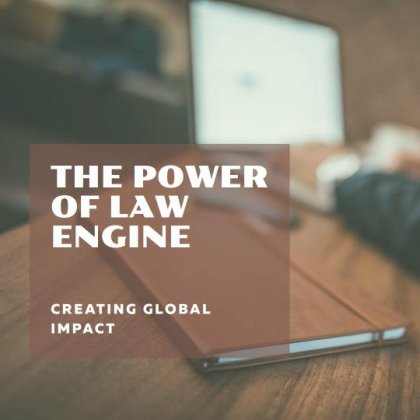
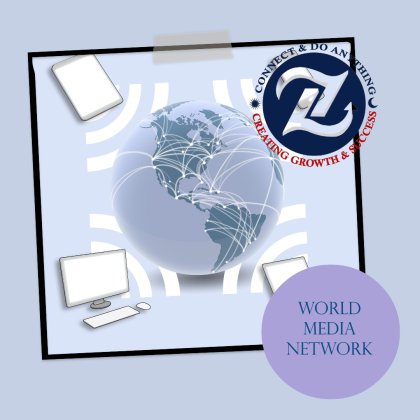
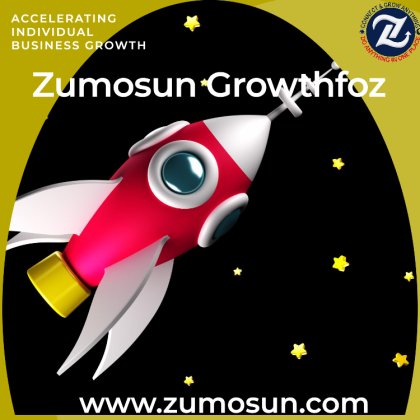

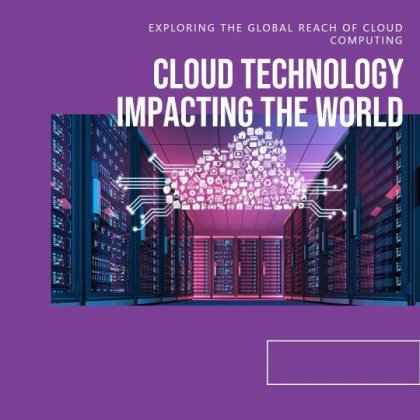
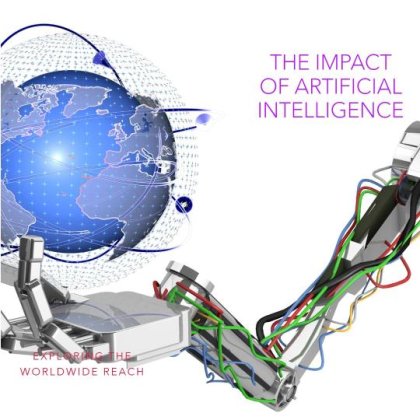









No comments found for this product. Be the first to comment!